Home / Top Fertilizers for Thriving Cannabis Plants
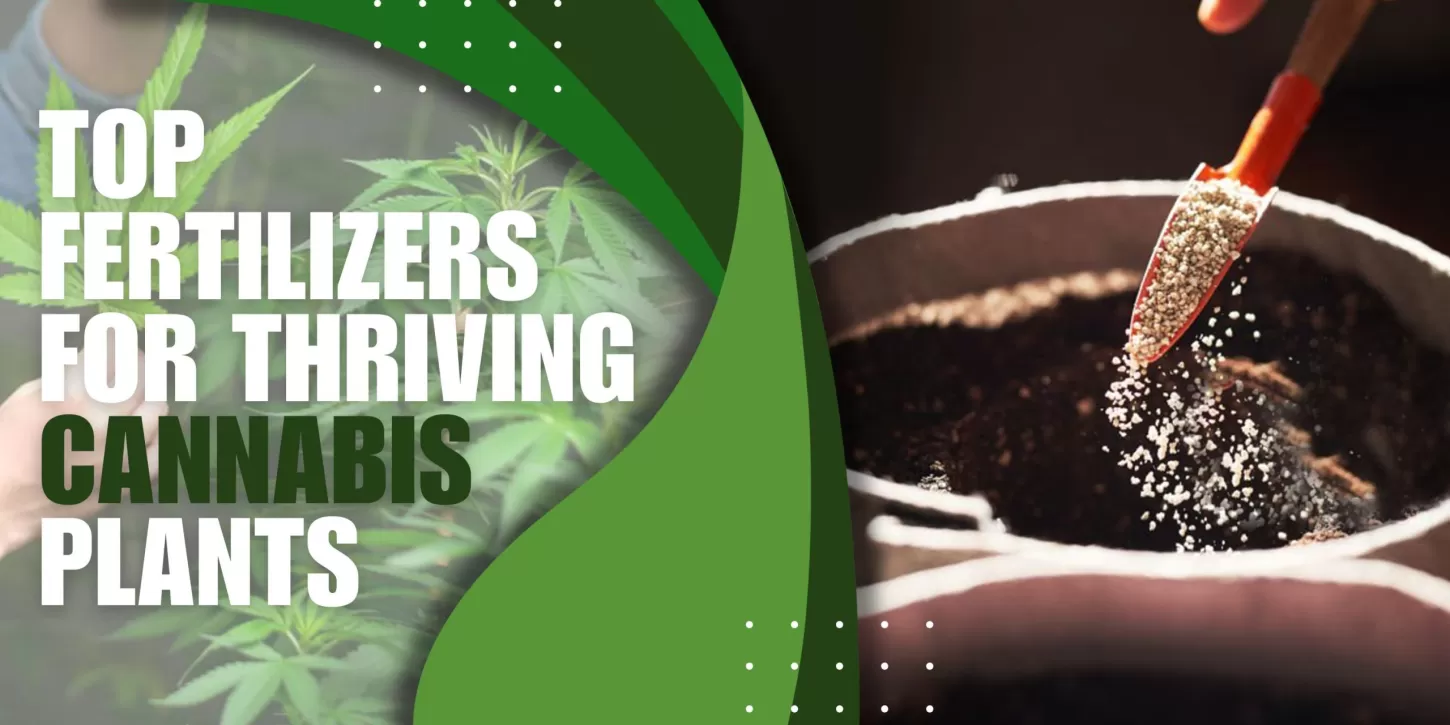
Selecting the most appropriate fertilizer for cannabis is vital for healthy growth and high yields. If you are growing plants indoors or outdoors, your plants require a balanced fertilizer with key nutrients to grow well. The best nutrients for cannabis include nitrogen, phosphorus, and potassium, and followed by necessary micronutrients such as calcium and magnesium.
Organic manures like compost and worm castings organically feed the soil, whereas synthetic manures provide controlled feeding. Liquid manures are best for quick uptake, whereas slow-release manures ensure constant feeding.
It is plant stage-based for fertilizer, where vegetative growth is nitrogen, and flowering plants need more phosphorus and potassium for flowering.
With the right fertilizer, your cannabis plants will thrive, growing larger, denser buds. Join us as we take a look at the best products to give your growth a boost!
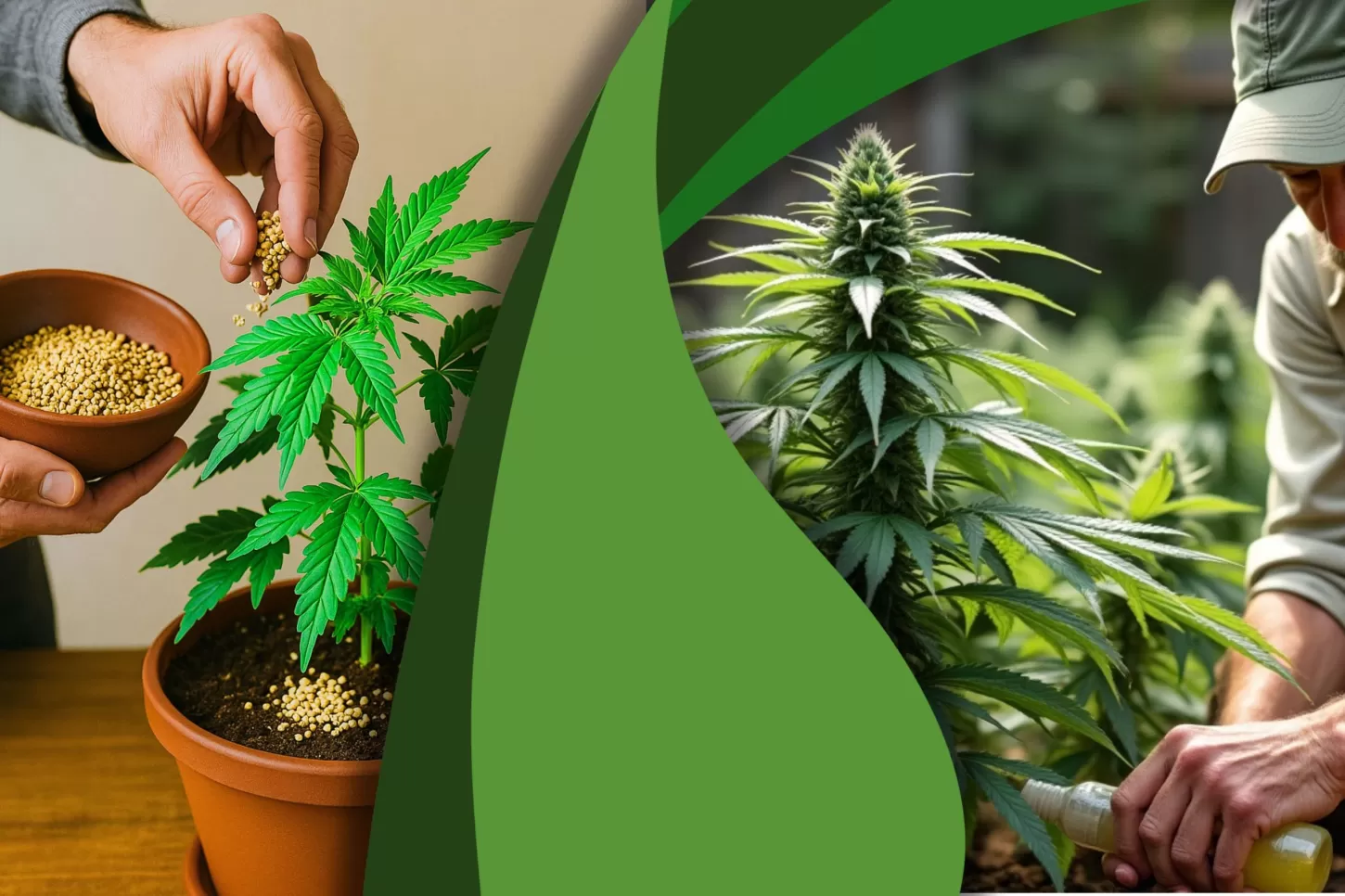
Cannabis needs more than water, sun, and soil to grow. Good growth and quality buds are possible only if the good weed is nourished by growers using plant food. It refers to providing the best plant food at the right time in order to gain maximum yield and quality. Cultivating hydroponically or in soil, the good fertilizer for flowering cannabis can make a big difference in the end. In this guide, we’ll explore the key nutrients cannabis plants need and how to optimize their feeding schedule.
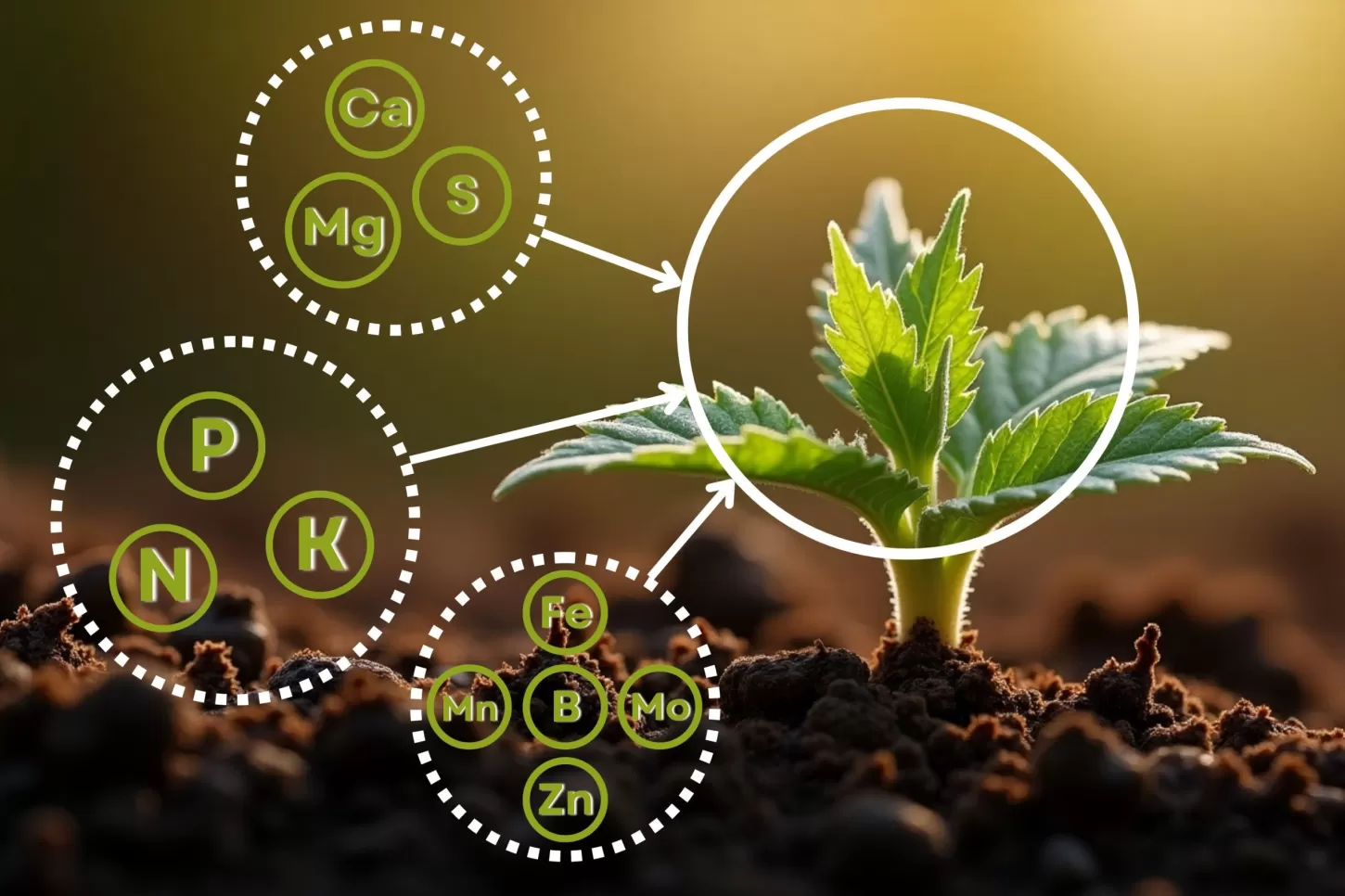
Cannabis needs an optimum macronutrient and micronutrient diet in order to survive. Each stage of the plant’s life cycle demands specific nutrients to ensure optimal development.
Macronutrients are the primary nutrients that cannabis plants need in large amounts. These include:
Secondary nutrients are needed in moderate amounts but are still important to plant vitality:
Micronutrients are needed in minute quantities but are vital to plant wellness. They are iron (Fe), zinc (Zn), copper (Cu), manganese (Mn), boron (B), and molybdenum (Mo). Any one of them lacking in the plant can result in stunted growth and weak bud formation.
In the vegetative stage, cannabis plants need more nitrogen to stimulate leaf development. The ideal plant food for weed during this stage must have an NPK ratio of 3-1-2 or 4-2-3. Organic foods such as compost tea, worm castings, and fish emulsion are good options.
When cannabis enters the flowering phase, phosphorus and potassium are needed in greater amounts. The ideal fertilizer for flowering cannabis must contain an NPK ratio of approximately 1-3-2 or 0-5-5. Phosphorus aids in bud development, whereas potassium promotes resin formation and terpene growth.
During the last few weeks leading up to harvest, limiting nitrogen and emphasizing phosphorus and potassium will optimize bud density and potency. Some growers also flush their crops with straight water to strip them of excess nutrients and enhance the taste of the end product.
Growers tend to argue about whether organic or synthetic nutrients are best for growing cannabis. Both have their benefits:
There are numerous high-quality fertilizers available, but here are some high-rated picks:
A top-recommended nutrient mix, RQS 1 06 is designed specifically for growing cannabis. It has a balanced combination of macronutrients and micronutrients to fuel robust growth and resinous flowers.
A three-component fertilizer system of Grow Big (vegetative development), Tiger Bloom (floraison), and Big Bloom (micronutrient enhancer).
An expensive three-part nutrient system that automatically pH adjusts, delivering the finest nutrition to cannabis plants.
A well-liked nutrient system in which the growers can create their own tailor-made feeding schedules based on different stages of development.
Another excellent choice for organic growers, BioBizz is plant-based nutrients that promote natural growth and soil health.
Knowing about nutrient deficiencies can avoid problems before they affect yields. These are some common signs and their solutions:
To give the right amount of nutrients to cannabis plants, adopt these feeding schedules:
1.Start at low nutrient concentration: Gradually increase concentration so that there won’t be a nutrient burn.
2.Monitor pH: Cultivate cannabis preferably at 6.0-6.8 in soil and 5.5-6.5 hydro.
Make smart use of supplements: Supplement with beneficial microbes, mycorrhizae, and organics teas for best nutrient uptake.
3.Flush to harvest: Flushing the excess nutrients fourteen days prior to harvest improves the ultimate flavor of buds.
Providing the best plant food for weed is the most important factor to get healthy growth and potent buds. Selecting the best flower fertilizer for marijuana, following a strict feeding schedule, and correcting nutrient deficiencies in time, growers can maximize the yield. With RQS 1 06 or any other premium fertilizers, an ideal nutrient program ensures that cannabis plants reach their maximum potential.
1. Which nutrients are vital for flowering cannabis?
Cannabis requires maximum phosphorus (P) and potassium (K) during flowering to facilitate the growth of the buds, coupled with moderate amounts of nitrogen (N).
2. What should be the optimum NPK ratio for flowering cannabis?
An ideal fertilizer with the NPK ratio of 1-3-2 or 0-5-5 promotes healthy bud development without too much foliage.
3. Do I use organic or synthetic fertilizers?
Organic (e.g., compost tea, bat guano, worm castings) build the soil’s health, whereas synthetic (e.g., liquid bloom boosters) give you an instant nutrient uptake. It will depend on your type of grow.
4. When should I transition to flowering fertilizer?
Start switching to a bloom fertilizer when you notice the first indications of flowering (week 4–6 in photoperiod plants).
5. Can I just use regular plant fertilizer on cannabis?
General plant fertilizers are okay, but cannabis-specific bloom nutrients offer the balance of phosphorus and potassium the plant needs to produce the best buds.
6. How frequently should I fertilize when flowering?
Feed every 1–2 weeks, but be sure to follow the directions on a specific product to prevent over-fertilizing.
7. What if I over-fertilize my flowering crops?
Over-fertilizing may result in nutrient burn, yellow leaves, or bud robbing. In case this occurs, flush with pH-balanced water.
8. Do I need to flush my plants before harvest?
Yes, flushing plain water (pH-balanced) 1–2 weeks prior to harvest removes excess nutrients, enhancing taste and smoothness.
9. Can I produce homemade fertilizers for flowering cannabis?
Yes! Compost tea, banana peel tea (which is high in potassium), and fish emulsion are wonderful do-it-yourself natural substitutes.
10. Will autoflowers require special fertilizers?
Autoflowers usually do not need stronger feeding as they have a shorter lifespan. Employ a lighter bloom fertilizer at half the recommended strength to avoid overfeeding.
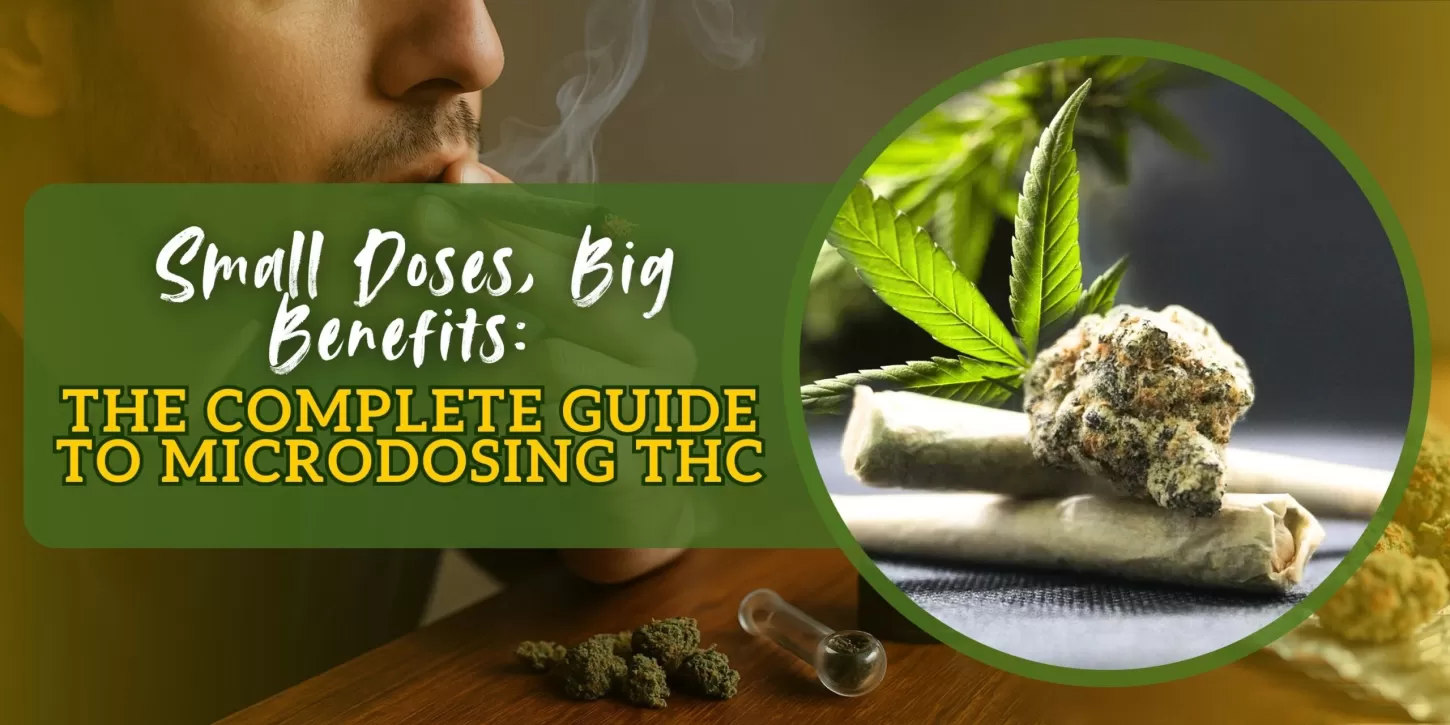


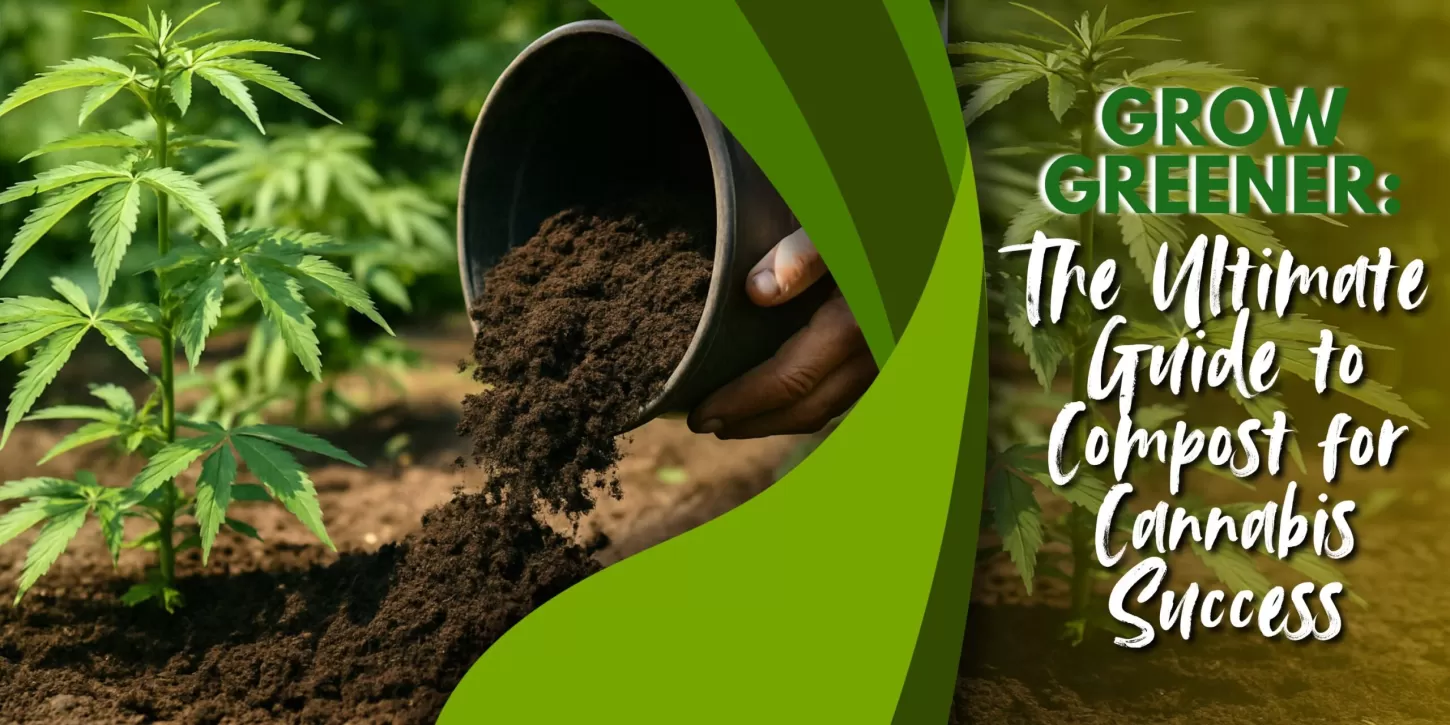
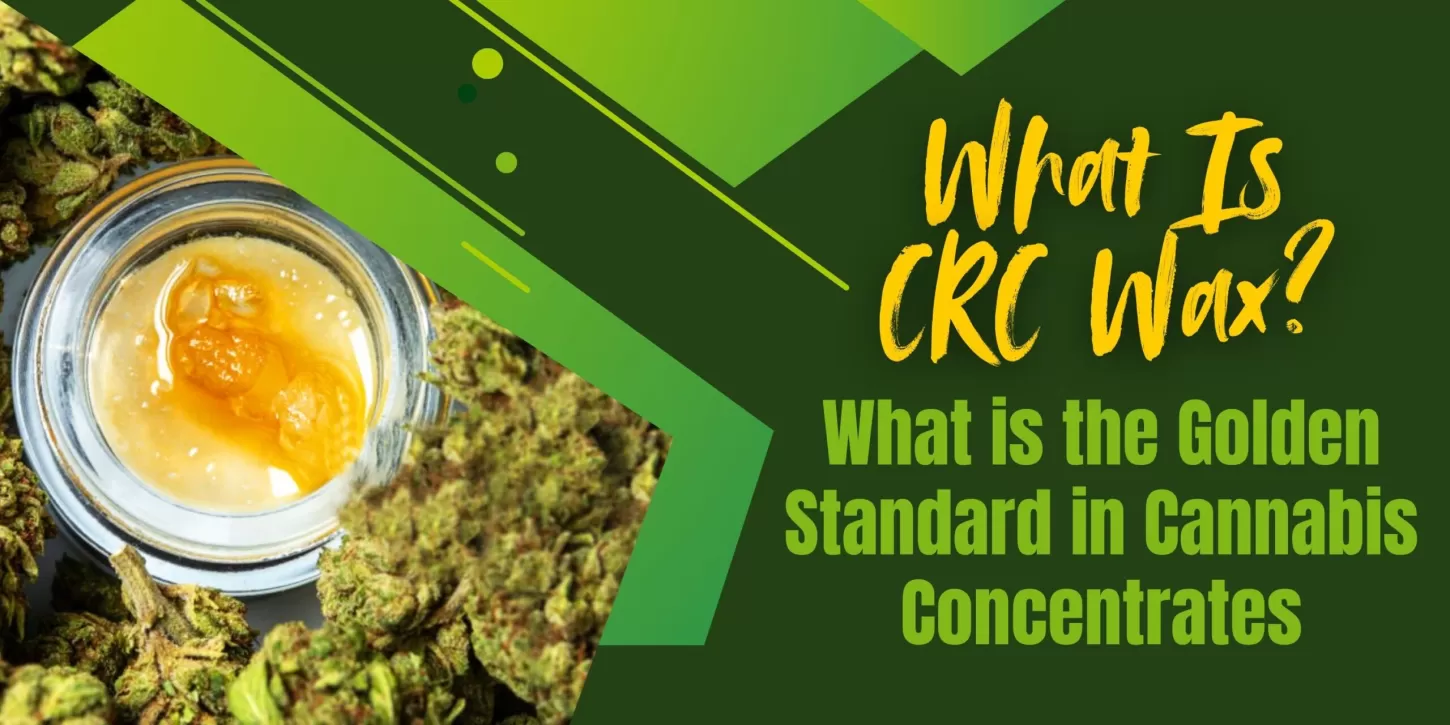




Explore a world of possibilities with VancouverSeedBank.ca. Your premier source for premium cannabis seeds, delivering quality, variety, and discreet shipping for a seamless growing experience.


Are You 18 Or Over?
By selecting “Continue”, you confirm that you are at least 18 years of age and legally permitted to access cannabis related content in your region.
By using Vancouverseedbank.ca, you agree to our terms of service.